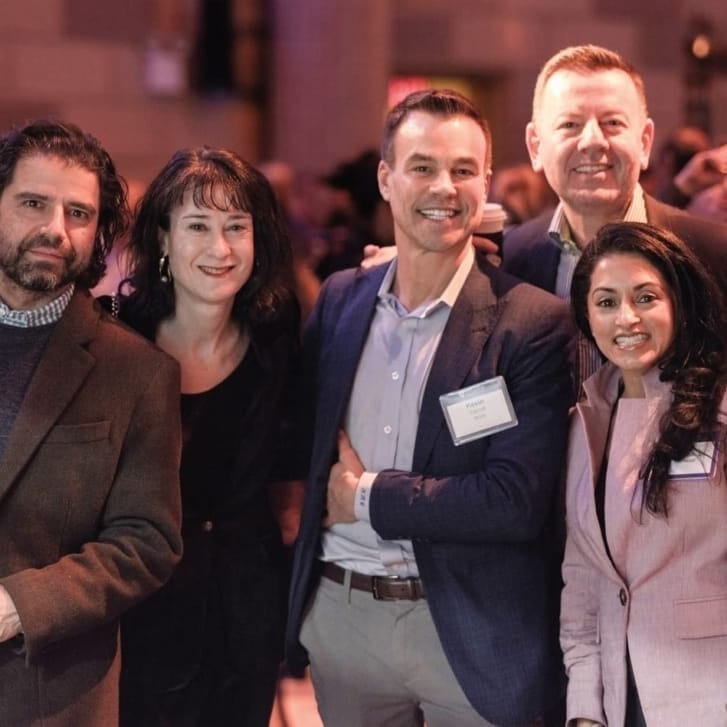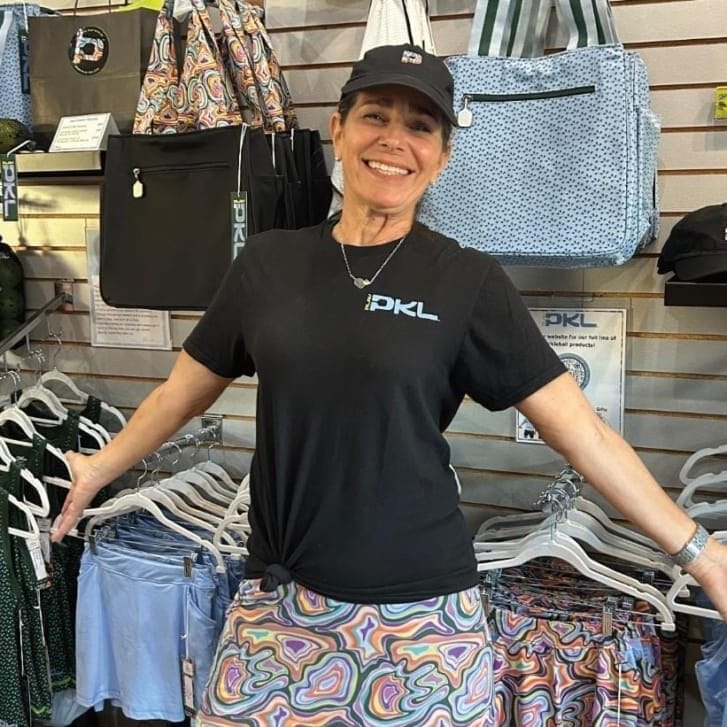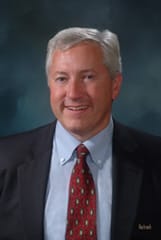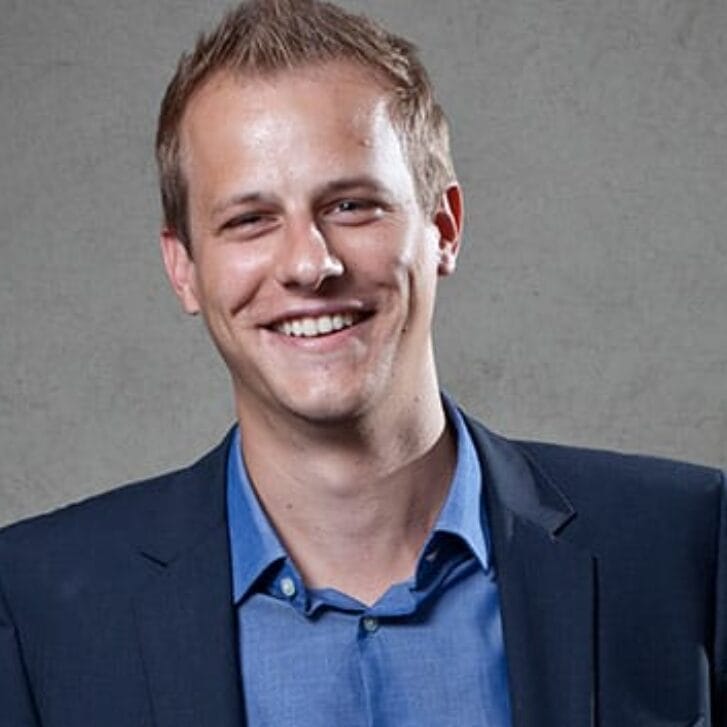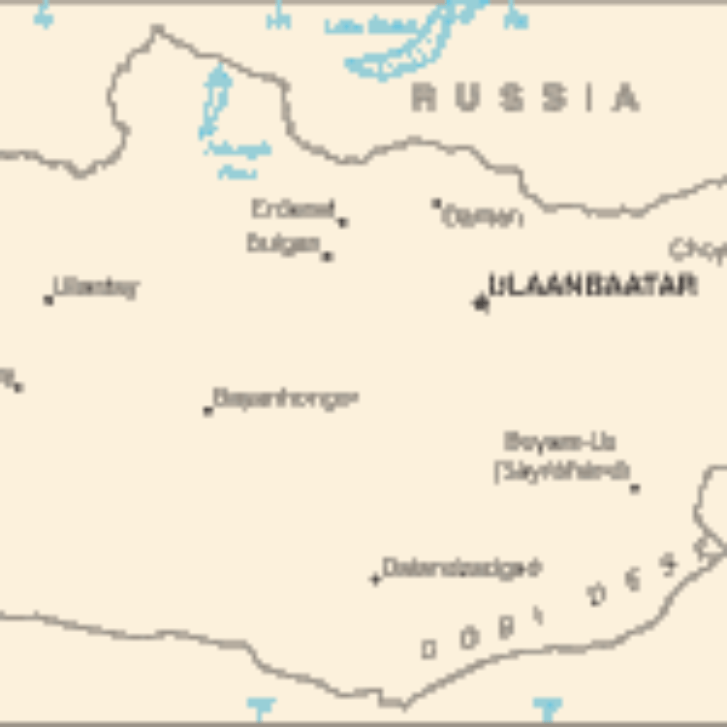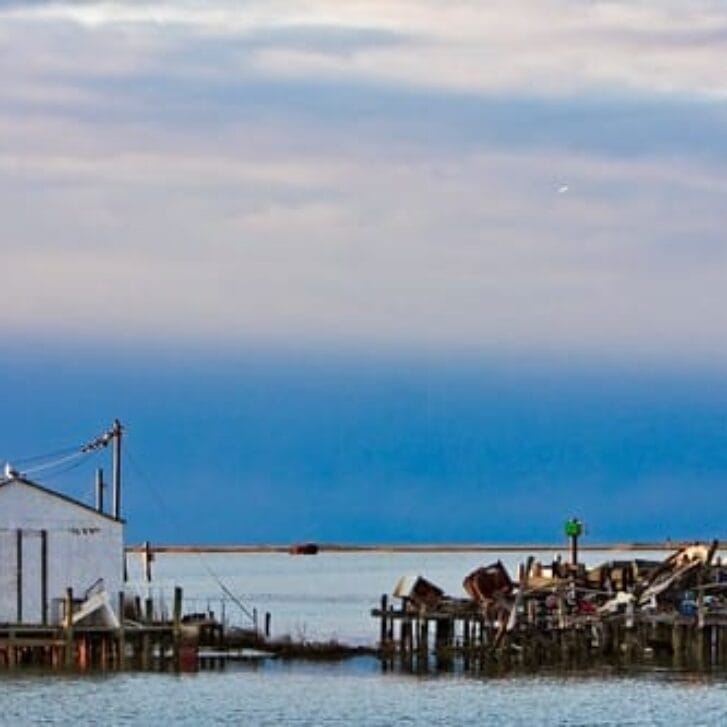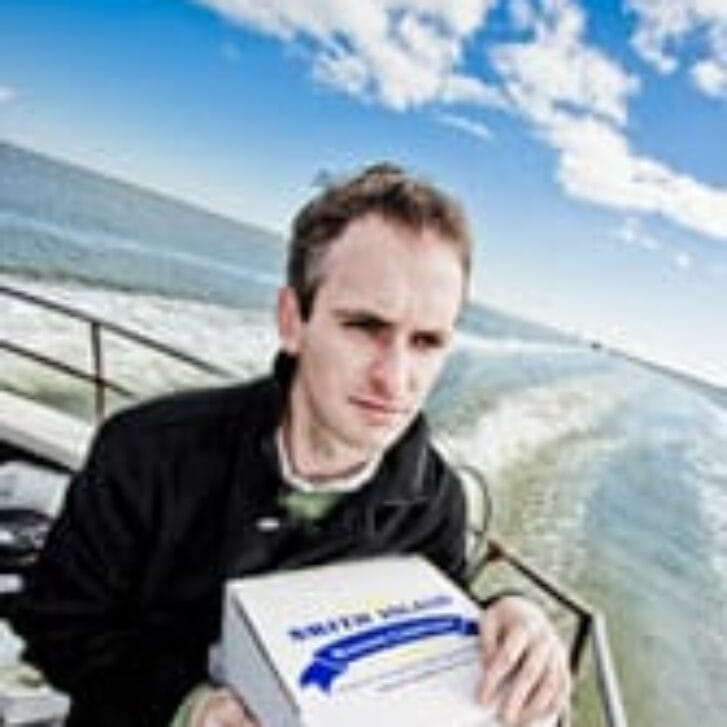When real estate mogul Sam Zell spoke at Penn last October, he was asked to name the best country in the world to do business.
Hands down, Zell said, the answer was Brazil. Then he spent the next few minutes heaping praise on that South American nation. To hear Zell tell it, Brazil was business nirvana.
Larry Harding agrees with Zell … to a certain extent.
As founder and president of Annapolis, MD.-based High Street Partners, Harding, W,’85, has had little choice but to become an expert in the business climates of nations the world over. After all, High Street Partners, launched in 2003, has a singular focus: Helping entrepreneurs and others to launch and grow business overseas. In all, High Street has done business in 70 different countries—Brazil included.
And while Harding certainly sees the appeal of that South American nation, he’s also learned a thing or two about its business deficiencies.
Brazil may be a land of opportunity, Harding says, but it’s not without its issues.
“To some degree, Brazil has snuck up on people,” says Harding, who before launching High Street served as VP of International Finance for Ciena Corp. “It’s got a real strong and stable government, and it’s a huge, vibrant, growing market that’s just dominating South America. But it’s also another very challenging place to do business. There are just so many layers of bureaucratic taxes and regulatory requirements. You have more filings in Brazil than in any other country, and by a fairly wide margin, too.”
Doing business in Brazil, Harding says, means dealing with a blizzard of paperwork. Which means some companies—even highly sophisticated ones—will simply get overwhelmed.
That’s where High Street steps in. The firm not only gets companies up and running overseas, but also helps them deal with ongoing operational and regulatory issues: Payroll, accounting, tax compliance, human resource services and more. “Our mantra is: Any issue, any country,” Harding says.
Including, of course, China, a nation that, like Brazil, offers seemingly limitless opportunity—and a number of bureaucratic landmines.
“China has gotten a ton of press, all of it well-deserved,” Harding says. “But it’s a very challenging, very difficult place to do business. Laws are changing month to month and quarter to quarter. What may work in Beijing may not work in Shanghai. And then there are the well-known IP risks. So it’s a tricky place to work, but it’s such a growing market you almost have to be there.”
As for Western Europe and Japan—two markets that Zell, for one, dismissed as increasingly irrelevant? Well, Harding doesn’t view them quite so negatively. Those nations may not be growing at a radical pace, but they still certainly still have value, he says. Enormous value, actually.
“A lot of times people look at growth [incorrectly],” Harding says. “If you’re talking about the EU or Japan, [then] no, they don’t have near the growth of the BRIC nations and sometimes not even the numbers we’re seeing here in the U.S. But they’re huge economies. I mean, Japan is still No. 2—it’s an extremely strong and deep economy.”
High Street has enjoyed steady, stable growth since its launch and currently has about 65 employees at offices in Annapolis, Boston, Silcon Valley, Southern California, London, Tokyo, Shanghai and Hong Kong. The economic downturn left the firm “largely unscathed,” and after several flat quarters at the nadir of the recession, Harding says High Street bounced back with a series of strong quarters to finish the year. He’s even more optimistic about future growth.
Harding admits the firm’s success has come as a surprise even to him.
“I spent most of my career supporting entrepreneurs and never really envisioned that I wanted to be one myself,” he says. “I actually never thought that was where my skill set was. … But the market opportunities seemed clear to me, and what I’ve found is that I both very much enjoy being an entrepreneur and that I’m better at it than I’d thought I’d be, too.”














